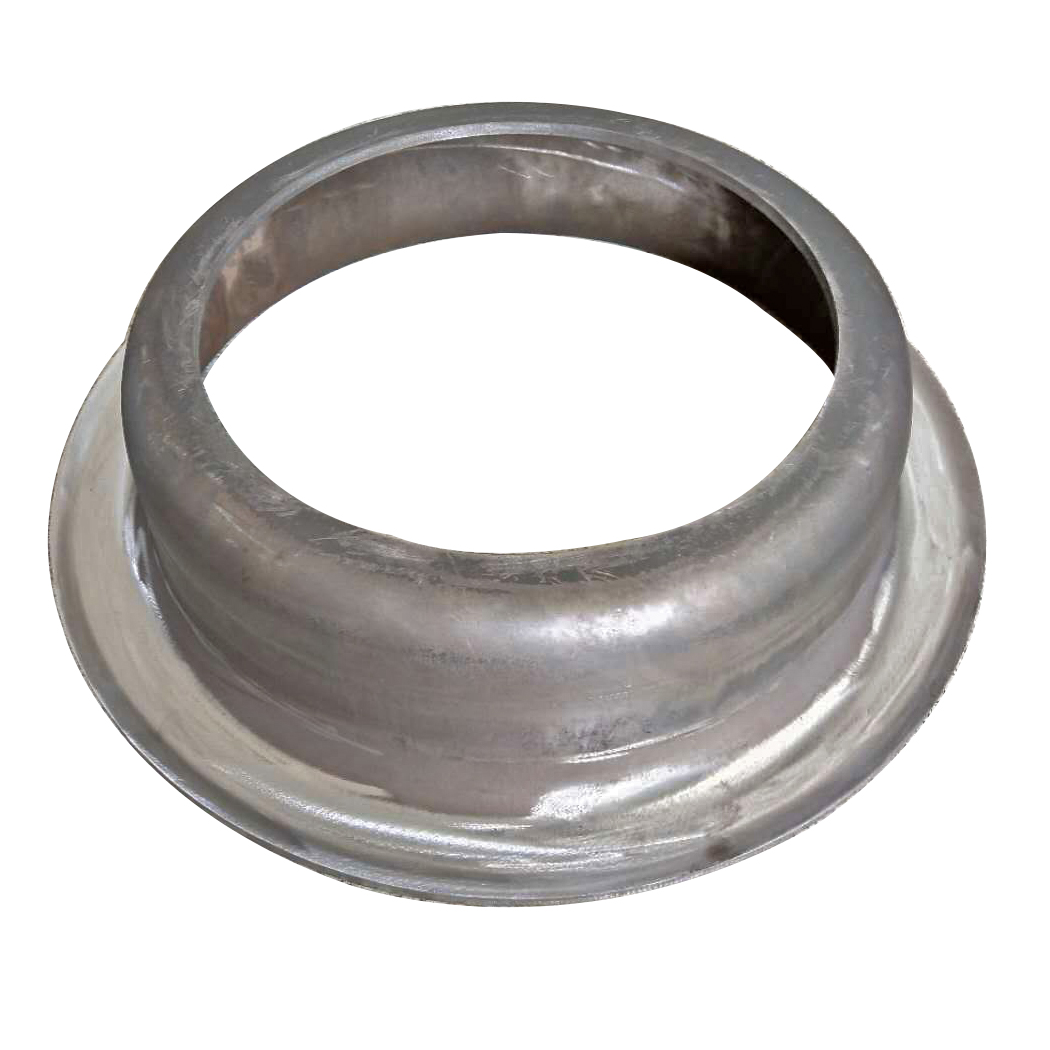Lis . 05, 2024 00:34 Back to list
condensing boiler ratings
Understanding Condensing Boiler Ratings A Comprehensive Guide
Condensing boilers are an efficient and popular choice for heating systems in residential and commercial buildings. They are engineered to maximize energy efficiency by capturing and utilizing the latent heat of vaporization from flue gases. This characteristic makes them different from conventional boilers, which lose a significant amount of heat through exhaust. When selecting a condensing boiler, it's essential to understand its ratings, as these will guide your selection process and ensure optimal performance.
What are Condensing Boiler Ratings?
Condensing boiler ratings provide crucial information about the boiler's capacity, efficiency, and performance under various operating conditions. These ratings help potential buyers assess which unit best meets their heating needs. Some key ratings include
1. Annual Fuel Utilization Efficiency (AFUE) This is one of the most critical ratings for condensing boilers. AFUE measures the boiler's efficiency in converting fuel to energy over a typical year, expressed as a percentage. For example, a boiler with an AFUE rating of 95% converts 95% of the fuel into usable heat, while 5% is lost through exhaust. Generally, a higher AFUE indicates a more efficient boiler, which can significantly reduce energy costs over time.
2. Input and Output Ratings The input rating indicates the amount of energy consumed by the boiler (measured in BTUs or kilowatts), while the output rating reflects the useful heat produced. A boiler should have an appropriate input rating that matches its output capacity to meet the heating demands of the space effectively. For instance, a larger space with more stringent heating requirements will necessitate a boiler with a higher output rating.
3. Modulation Ratio The modulation ratio measures the boiler's ability to adjust its output based on the heating needs. A higher modulation ratio allows the boiler to operate efficiently at lower loads, reducing the amount of energy wasted when full capacity is not required. This feature is particularly advantageous in environments with fluctuating heating demands, as it promotes energy savings and improved comfort levels.
4. Combustion Efficiency This rating indicates how efficiently the boiler converts fuel into heat energy. A condensing boiler typically has a high combustion efficiency, often achieving levels above 90%. This is crucial for minimizing fuel consumption and reducing operational costs.
condensing boiler ratings

Factors Influencing Ratings
Several factors can affect the ratings of a condensing boiler, including
- Fuel Type Different fuels (natural gas, oil, propane) may have varying efficiency ratings depending on their combustion properties. - Installation Quality The performance of a condensing boiler can significantly depend on proper installation. Poor installation can lead to inefficiencies and inadequate performance. - Weather Conditions External temperatures can impact a boiler's efficiency. Condensing boilers tend to perform better in moderate temperatures, where the temperature difference between the indoor and outdoor environment is manageable.
Choosing the Right Boiler
When selecting a condensing boiler, consider your specific heating requirements, the size of the space, and the ratings provided by manufacturers. It's also wise to consult with heating professionals who can assist in evaluating your needs and recommend the right system.
Additionally, consider the lifecycle cost of the boiler, which includes installation, maintenance, and operation costs over time. Investing in a high-efficiency condensing boiler may have a higher upfront cost, but the long-term savings in energy bills and maintenance may outweigh the initial investment.
Conclusion
Understanding condensing boiler ratings is vital for making an informed purchase. By analyzing metrics like AFUE, input/output ratings, modulation ratio, and combustion efficiency, homeowners and business owners can select a heating system that provides reliable, efficient service. The choice of a condensing boiler not only reflects a commitment to energy efficiency but also contributes to reduced utility bills and a decreased carbon footprint. As technology evolves, the offerings in the market will continue to improve, making it easier for consumers to access advanced heating solutions that meet their needs.
-
Durable Centrifugally Cast Iron Water Main Pipe
NewsAug.11,2025
-
Centrifugally Cast Iron Water Main Pipes for Reliability
NewsAug.10,2025
-
High-Quality Centrifugally Cast Iron Water Main Pipes
NewsAug.09,2025
-
Durable Cast Iron Water Main Pipe & Drainage Solutions
NewsAug.08,2025
-
Buy Cast Iron Pipe: Premium Ductile Iron & Drain Solutions
NewsAug.07,2025
-
Durable Cast Iron Water Main Pipe | Buy Ductile Pipe
NewsAug.06,2025


